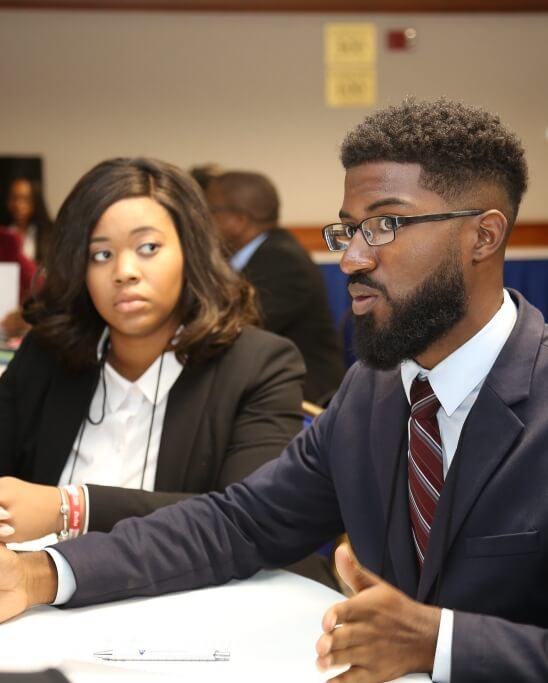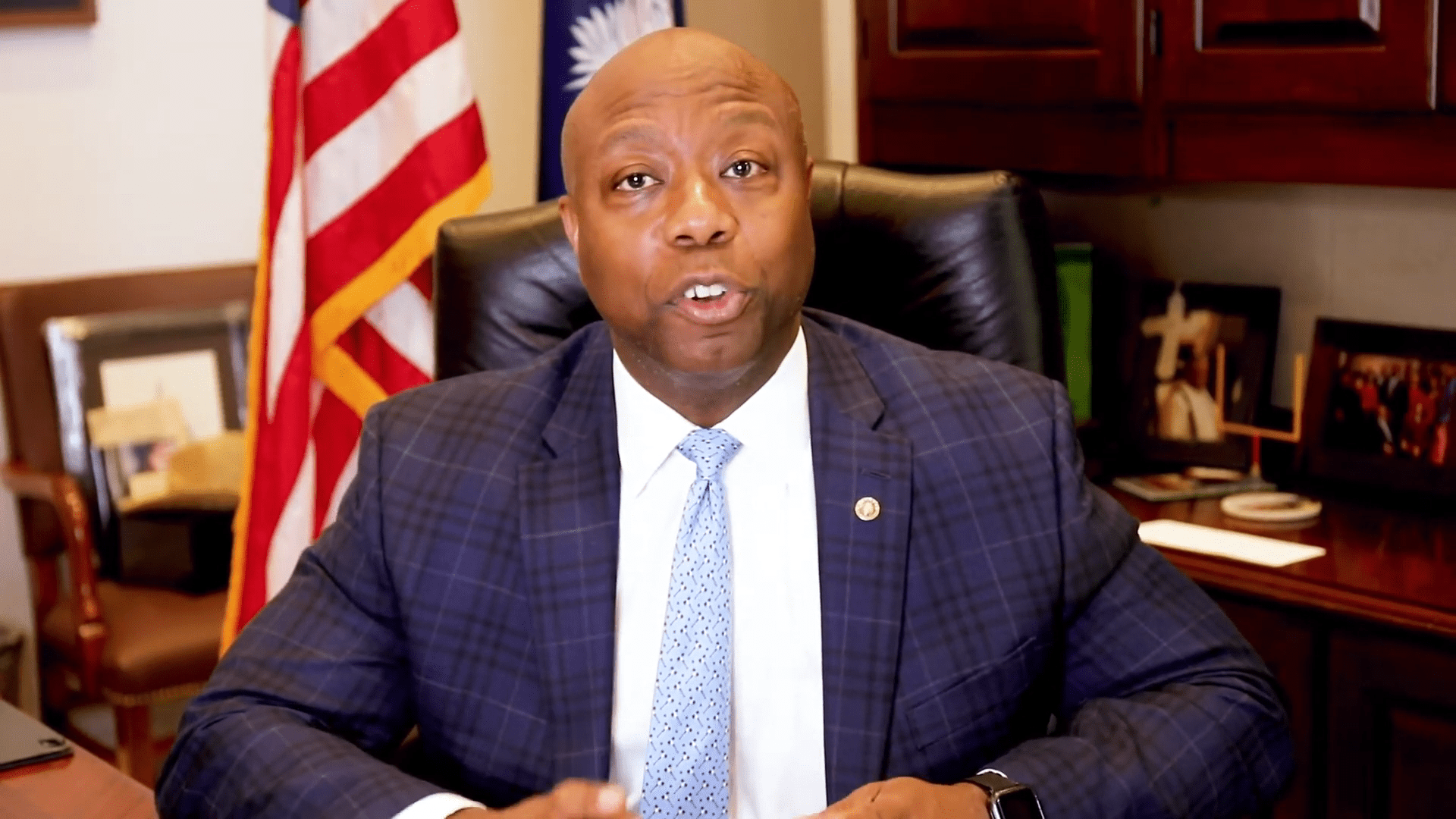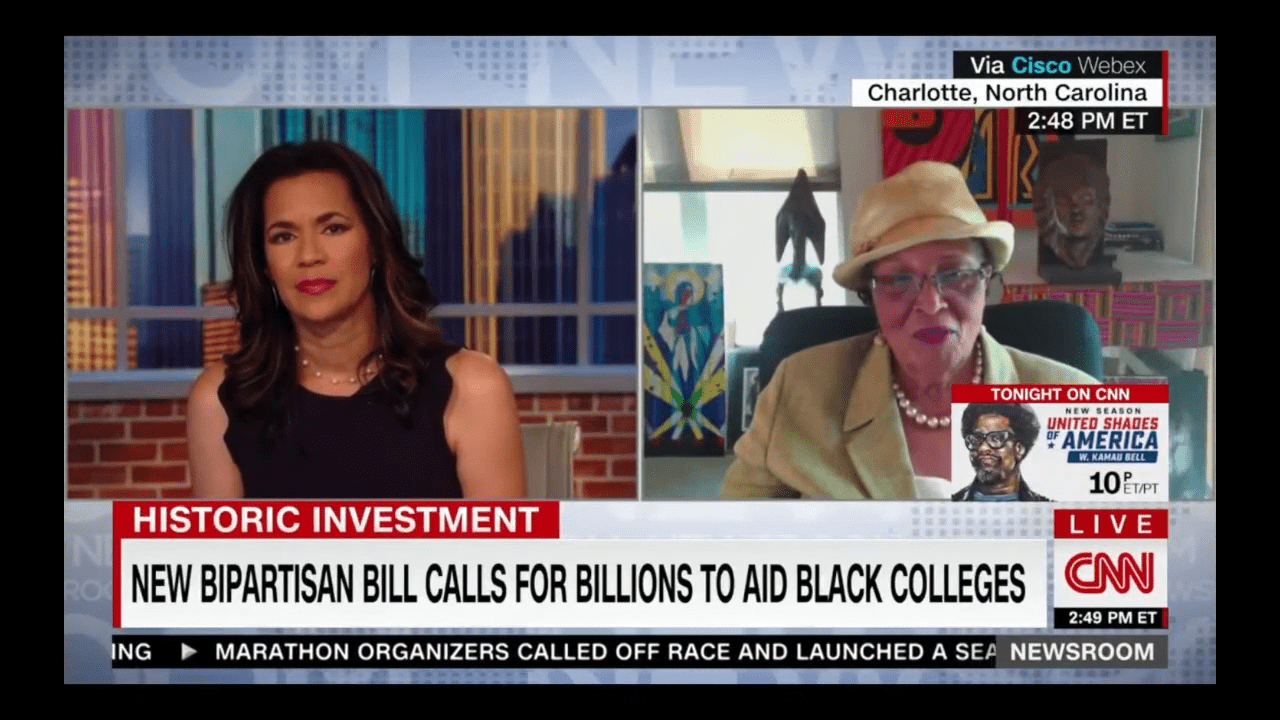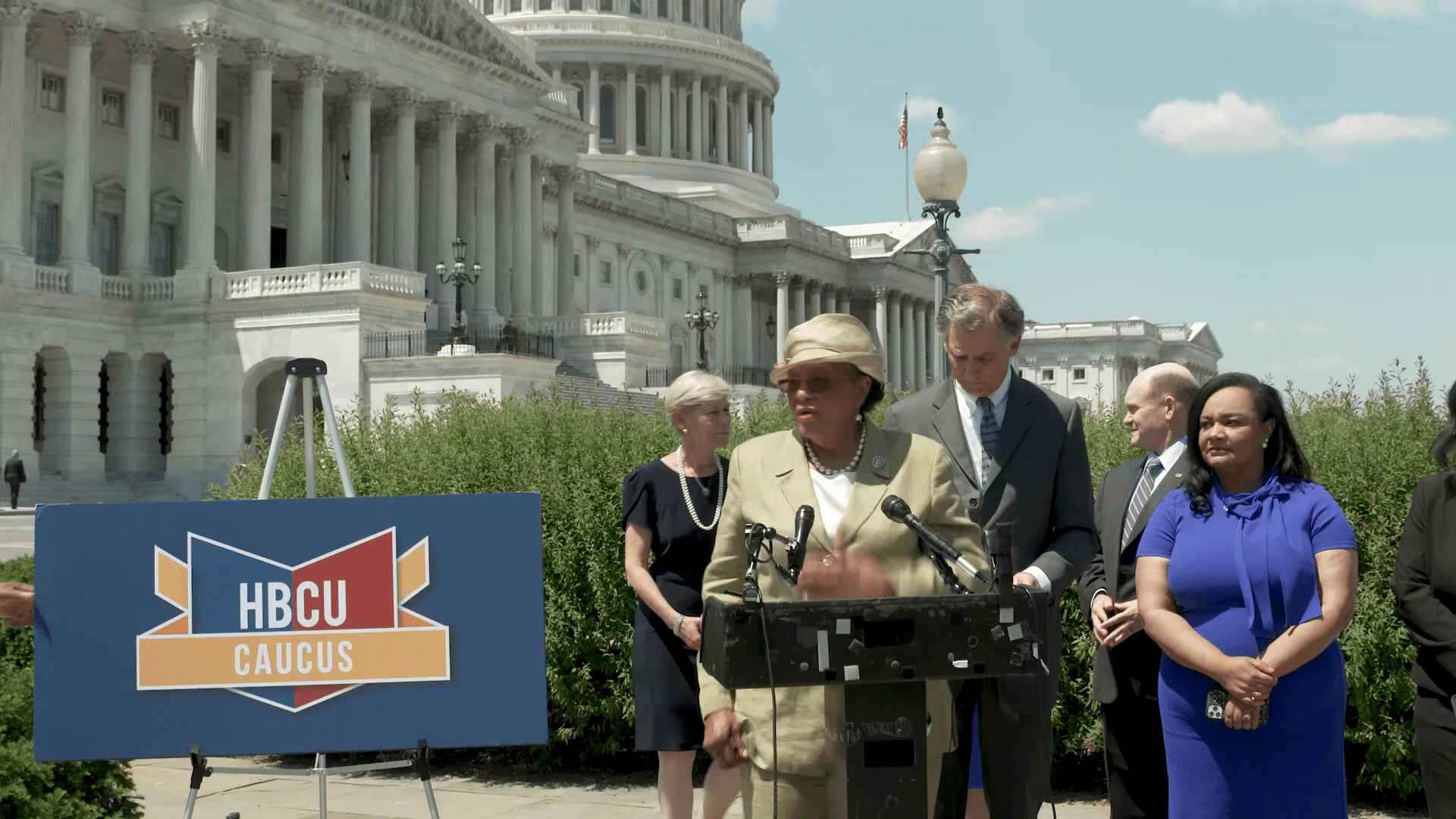About The IGNITE HBCU Excellence Act
A historic investment in HBCUs to deepen their transformational work
HBCUs have always been agents of equity, access, and excellence in education, especially for students of color. While only representing roughly 3 percent of all four-year colleges and universities, HBCUs produce upwards of 17 percent of all bachelor’s degrees awarded to African Americans.1 Additionally, HBCUs enroll a disproportionately high percentage of first generation and low-income students – nearly 60 percent – and outperform their peers in supporting and graduating these students.2 HBCUs graduate 27 percent of African Americans with bachelor’s degrees in STEM subjects, as well as a significant portion of African Americans with doctorates in science and engineering.3 What’s more, on an annual basis, HBCUs contribute nearly $15 billion to their communities, produce 134,000 jobs, and create $46.8 billion in alumni career earnings that can be directly attributed to their degrees.4
The incredible success of HBCUs has been achieved despite over a century of significant underfunding by public and private support. Too often, HBCUs are forced to navigate the effects of that underfunding while also lacking access to alternate sources of capital available to other institutions.5

House Leads: Reps. Alma S. Adams, Ph.D, French Hill
Senate Leads: Sens. Chris Coons, Tim Scott
Critical Infrastructure and Modernization Needs at HBCUs
A June 2018 Government Accountability Office (GAO) Report6 identified “extensive and diverse” capital project needs at HBCUs. The report also noted that “HBCUs continue to face challenges in securing financing to undertake needed capital projects” and that “these colleges may be unable to make the campus improvements necessary to attract and retain students, potentially jeopardizing their long-term sustainability.”
Specifically, the GAO found that:
- 70 of 79 HBCUs surveyed reported that 46 percent of their building space needed repair or complete replacement.
- 8 of the 35 public HBCUs surveyed reported that more than 75 percent of their building space needed repair or replacement.
- Public and private HBCUs reported average deferred maintenance backlogs of $67 million and $17 million respectively, and 30 HBCUs reported that their deferred maintenance backlog had increased from 2015-2017.
- 42 surveyed HBCUs reported having buildings designated as historic, making up an average of 11 percent of their building space, and the Department of the
- Interior reported in 2018 that HBCUs have historic building rehabilitation needs but lack the resources to address them.
The IGNITE HBCU Excellence Act
The Institutional Grants for New Infrastructure, Technology, and Education for (IGNITE) HBCU Excellence Act recognizes the contributions of these institutions in the most important way possible: by providing HBCUs the support and investment needed to deepen their transformational work.
Specifically, it provides support for HBCUs to:
- Encourage additional public and private investments in their institutions;
- Renovate, repair, modernize, or construct new campus facilities, including instructional, research, and residential spaces;
- Preserve buildings with historic significance;
- Ensure the resilience, safety, and sustainability of campus facilities;
- Provide access to campus-wide, reliable high-speed broadband to support digital learning and long-term technological capacity;
- Improving campus facilities to support community-based partnerships that provide students and community members with academic, health, and social services; and
- Procure equipment and technology to facilitate high-quality research and instruction.
1 U.S. Department of Education. 2016. Fact Sheet: Spurring African-American STEM Degree Completion. https://www.ed.gov/news/press-releases/fact-sheet-spurring-african-american-stem-degree-completion
2 Postsecondary National Policy Institute. 2019. Historically Black Colleges and Universities (HBCUs): What They Are, Who They Serve, and the Related Federal Grant Program. https://pnpi.org/wp content/uploads/2019/06/PNPI_HistoricallyBlackCollegesAndUniversities.pdf
3 U.S. Department of Education. 2016. Fact Sheet: Spurring African-American STEM Degree Completion. https://www.ed.gov/news/press-releases/fact-sheet-spurring-african-american-stem-degree-completion
4 Humphreys, Jeffrey. 2017. HBCUs Make America Strong: The Positive Economic Impact of Historically Black Colleges and Universities. UNCF Frederick D. Patterson Research Institute report.
5 Committee on Education and Labor, U.S. House of Representatives. 2019. Investing in Economic Mobility: The Important Role of HBCUs, TCUs, and MSIs in Closing Racial and Wealth Gaps in Higher Education. Committee Report. https://edlabor.house.gov/imo/media/doc/Ed_and_Labor_HBCU_TCU_and_MSI_Report_FINAL.pdf
6 U.S. Government Accountability Office. 2018. Action Needed to Improve Participation in Education’s HBCU Capital Financing Program, GAO-18-455. https://www.gao.gov/assets/gao-18-455.pdf
Media

Tim Scott (R-SC)
United States Senator

Alma Adams (D-NC)
United States Representative

CBC IGNITE HCBU Bill Presser
